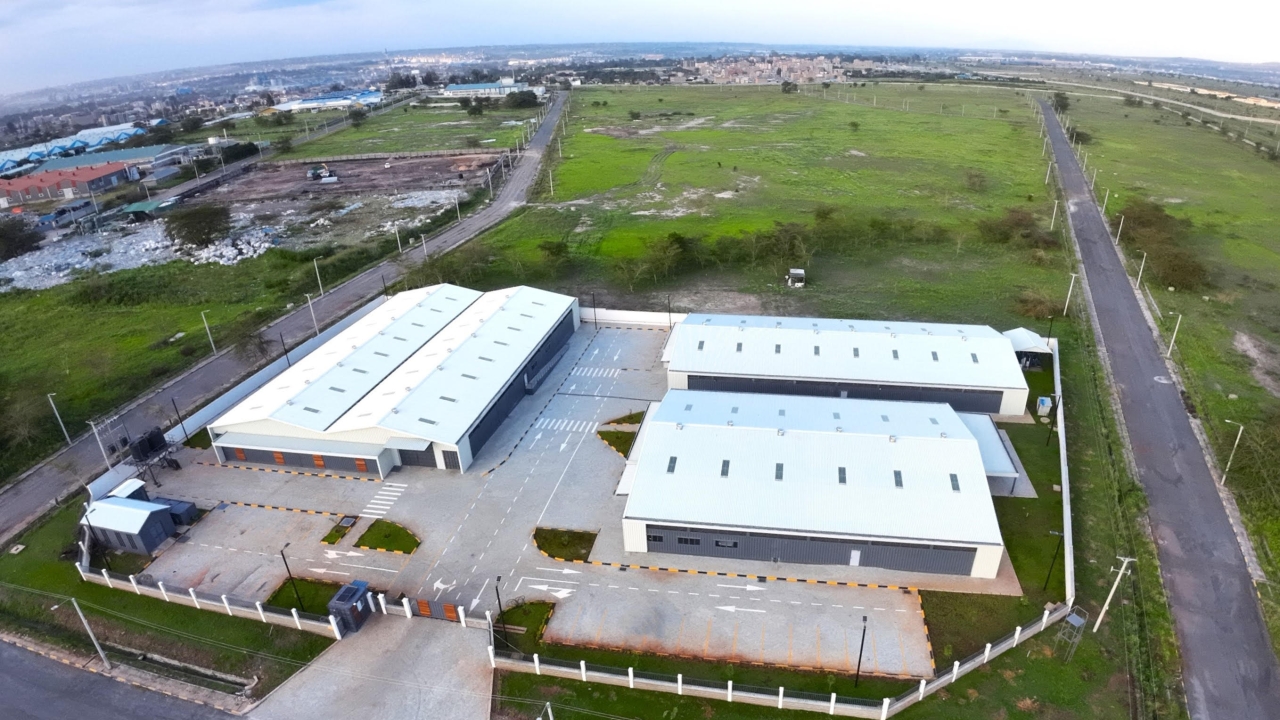South Africa Focus: Entry Point
With its deep understanding of different African cultures and logistics networks and the opportunities offered for English speaking international partnerships, South Africa has become the key entry point to the rapidly growing pan-African market. Danielle Jerschefske reports
South Africa has become the key entry point for Western companies looking to move into the African continent, which is predicted to be the next major boom area of the world economy.
Walmart, for example, in January 2011 bid to purchase a 51 percent controlling stake in pan-African retailer Massmart. The $2.5 billion deal would give the mega-mart access to over 280 wholesale and retail stores in 13 African countries.
Germany-based Rako Etiketten, one of Europe’s largest label converters with 1,400 employees and production sites across Europe and Asia, has also used South Africa to start its business on the African continent. In February 2011, Rako formally opened Rako Labels Cape Town (Pty) Ltd following an asset deal with a medium sized local converter. The new plant is located in Capricorn Park outside Cape Town.
Rako Labels Cape Town managing director Üwe Boegel purchased a 10-color 430mm Gallus EM-430S UV flexo press with three silk screen heads and foiling capabilities. This prototype model – the first in the world – is built on the standard Gallus EM series platform, but the whole machine, including its UV drying system, is water cooled, a technology first introduced in the ECS340 ‘granite’ press to deliver a high level of energy efficiency.
The EM-430S was tested at Rako’s headquarters in Germany before delivery to South Africa. It will allow the location to expand from PS production into shrink sleeve labels, pouches and wraparound labels.
‘We want to get into wrap around and shrink sleeve markets as well as in highly refined clear on clear labels for a no-label look,’ says Boegl, shareholder in Rako Labels Cape Town. Besides the Gallus EMS press, three Mark Andy presses are printing in two-shift production with one press dedicated to Extended Gamut Printing. The pre-press capabilities include an in-house pre-press studio with digital DTP, proofing and CTP plate-making equipment.
The SA operation is aligned with the same suppliers, which support the Rako Group worldwide, including Avery Dennison, UPM Raflatac, Ritrama, Flint and Sun Chemical. Local and international brands will benefit from the same standard offered at any Rako facility and the broad knowledge base and R&D capabilities within the international group.
Food accounts for 30-40 percent of current business, with the balance in household products, personal care, wine and price marking pressure-sensitive labels.
Spear of destiny
Another global giant which used South Africa as an entry point to the African continent is Cincinnati-based Spear Group. A global supplier partner to SABMiller, Spear specializes in PS label production for the world’s biggest breweries and beverage companies. In 2007 it set up greenfield operations in Johannesburg to support both the local market and the African continent. SAB exports labels to Ethiopia, Angola, Zambia and Swaziland.
The business grew in 2010, extending the converter’s African portfolio in the ready to drink (RTD), flavored alcoholic beverage (FAB), and non-alcoholic sectors. It supports brandhouse – a joint venture of Heineken, Diageo & Namibia Breweries – with labels for premium spirits like Johnnie Walker, Bell’s and Smirnoff. Spear’s SA operation also does work for Distell, a large ($1b) SA wine and spirits company that sells into Namibia, West and East Africa, with distribution centers in Tanzania, Kenya, Zimbabwe and Mauritius.
Spear has found the South African market to be a great deal different from Europe and North America. For one, the runs are shorter. Secondly, 750ml bottles dominate the market. And third, David Merrill, GM of SpearSystem Packaging Africa, says, ‘Three percent of the country’s beer market is wash off and standard pressure sensitive. Over 95 percent is paper cut and stack.’
Understanding the market has been a learning process, and has required some adjustment for this converter, which loves volume PS work. Georgina Webb, business development manager, explains, ‘The shift to PS is moving. Diageo has switched some of its brands in the market and Heineken launched its flagship beer with a PS label.’ Savannah beer and Namibia Breweries are also said to be in transit from direct print to PS labels.
Webb continues, ‘Understanding consumer perception has been key. For instance, a green bottle is seen as premium – Italian Peroni and Dutch Grolsch. If it comes in a brown bottle, the beer is viewed as less than premium.’ The country’s most popular brand, Castle Lager, is SAB’s original brew from 1895. It comes in a brown bottle with a cut and stack label.
Spear is consulting local buyers on the economic effectiveness of flexo/screen combination printing. With the average run lengths on the low side for the converter, it often sees combination printing as a wiser choice than gravure, although most buyers don’t see a lot of value in the process. The converter sees room to grow in the paper market and will continue looking to fill its machines with higher volume work.
Spear uses a Cerutti 960 1000mm wide gravure press for long-run cut & stack and PS work, with an Eltromat print check 7000 for register control and 100 percent inspection. Its Cerutti is identical to the one in Spear’s UK plant. In line with the company’s overall business model, the UK press runs 100 percent pressure-sensitive material. In Johannesburg it runs 95 percent paper. A mid-web MPS all-UV flexo press loaded with screen and foil capabilities is used for small capacity runs. Says Merrill, ‘The wide and narrow press combination complement each other.’ Spear employs 110 people in South Africa.
SABMiller
South African Breweries (SABMiller) is the world’s second largest brewer, and owns 89 percent of the country’s beer market share, tracing its origins to 1895 when it established business premises outside Johannesburg to service the rising mining population. SAB has operations in over 31 African countries, bottling soft drinks for Coca-Cola in twenty. Its Carling Black Label won a fifth international quality award and is popular in the townships.
This article was published in issue 2, 2011
Pictured: Shop floor view of Spear South Africa
Stay up to date
Subscribe to the free Label News newsletter and receive the latest content every week. We'll never share your email address.


